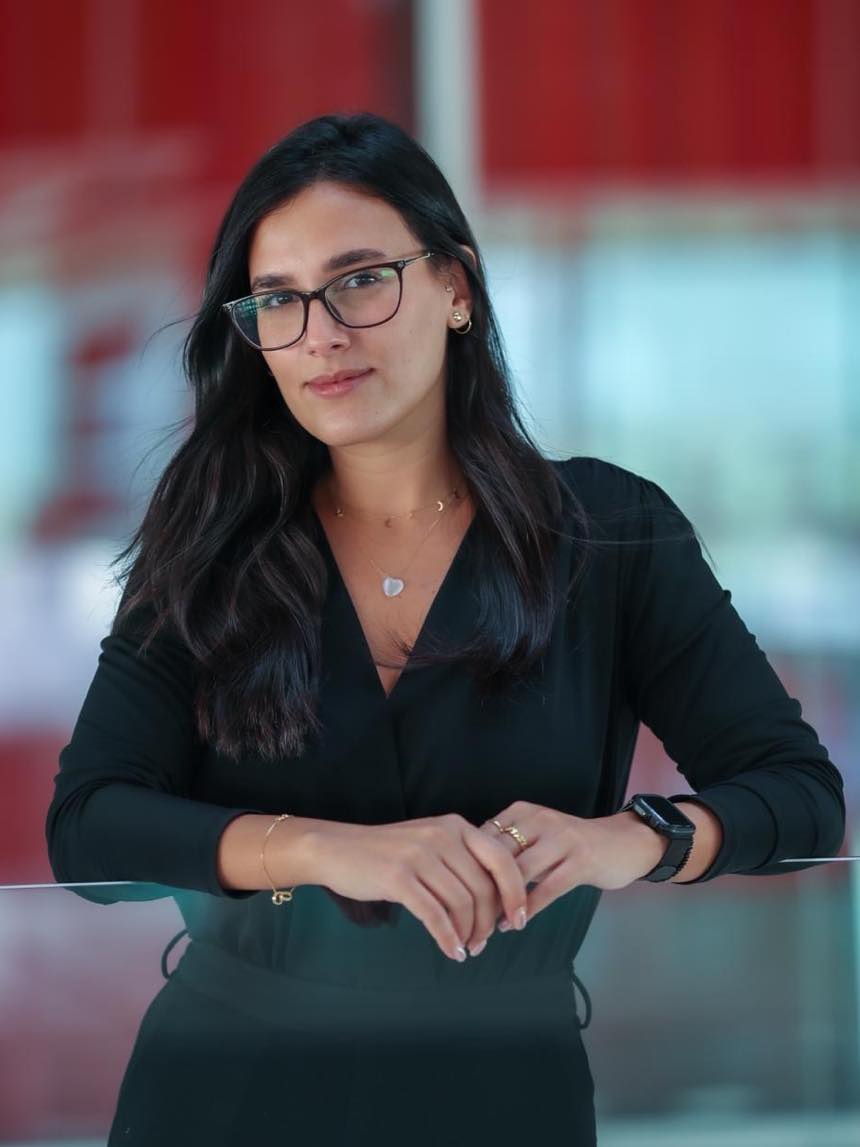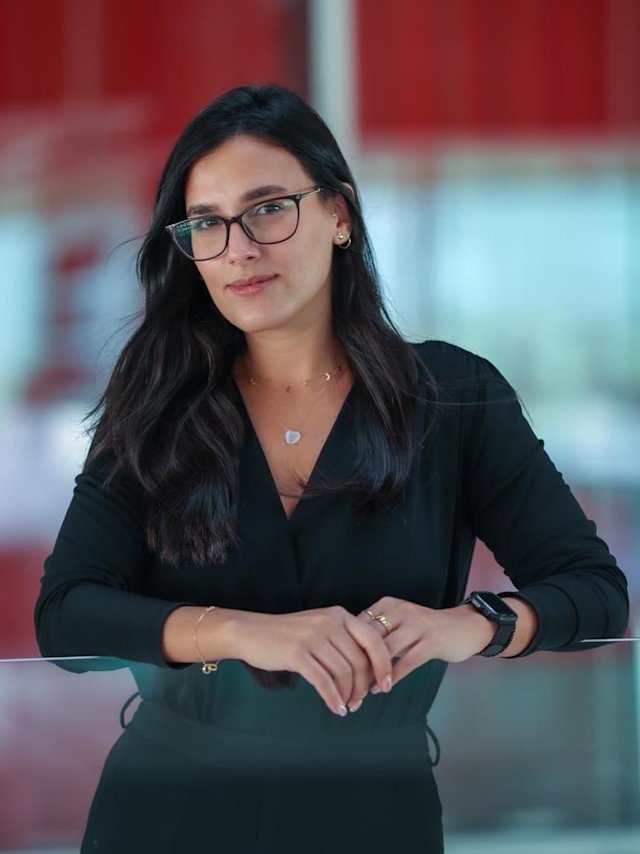Coronavirus (COVID-19) Updates
For the latest COVID-19 information and updates from Qatar Foundation, please visit our Statements page

Ryme Alhussayni, a member of QF’s Communication Directorate, writes about her family history of breast cancer and her bumpy journey of getting herself checked
I have known for quite some time how life-threatening cancer is, how it is one of the largest health problems in the world, and how almost ten million people die from cancer every single year. I think it’s probably the reason why we avoid talking about it; the less you know the better.
But based on my own personal experience, I beg to differ. I believe that in times like ours, knowledge is power, and information is empowerment.


The point is to overcome my fears not only because it’s healthier to the process of healing and letting go. It’s because I feel that I owe it to my mother
I lost my mom to breast cancer almost 10 years ago. And, ever since, I’ve always refrained from discussing the disease. A part of me refuses to believe that, had we known earlier, things would’ve been different, and she would have had the chance to still be here. But she’s not. So, what’s the point?
That’s something I recently figured out. The point is to overcome my fears not only because it’s healthier to the process of healing and letting go. It’s because I feel that I owe it to my mother. I owe it to my mother to take my precautions so that I wouldn’t let my family and my loved ones suffer from the pain of losing me. I owe it to my mother to raise awareness on how vicious breast cancer is, it being the most common cancer worldwide. I owe it to my mother to communicate with others because getting yourself checked is not a taboo, and early detection can save lives.
I’ve lived the past 15 years in Lebanon, and I can safely say that a lot of girls and women are not aware of the different options available to getting yourself checked besides the traditional ones that are not convenient for everyone.
I felt so pressured, scared, and confused. But I decided to at least give it a shot
My mother for instance, got diagnosed around her late thirties which means that I should start getting myself checked around my late twenties – a fact check not a lot of people know - Obviously, I didn’t know that, and my clock was ticking since I’m in my late twenties already.
When I first found out, it was a slap in the face. I felt so pressured, scared, and confused. But I decided to at least give it a shot. So, I scheduled an appointment back in Lebanon with a gynecologist to ask every single question I have in mind. And here’s what I discovered:
- Yes, breast cancer is hereditary, and my chances increase by a double just because I have a first degree relative diagnosed;
- Yes, mammography is not the first go to option because younger people shouldn’t be exposed to unnecessary radiations;
- Yes, the options are available in clinics and they cover: clinical breast examination, breast ultrasound, magnetic resonance imaging (MRI), and genetic testing.
- Screening tests usually do not diagnose cancer. If a screening test result is abnormal, diagnostic tests may be done to confirm it.
Felt a bit of comfort and relief after discussing this out loud for the first time which pushed me towards scheduling an ultrasound appointment.
At the same time, I was experiencing change in some other parts of my life as I was relocating to another country. And so, the stress of moving to a different country made me doubt my decision. Would I want to know if something is wrong with me while I’m away from my family? How would my reaction be? Will I be able to figure it out on my own? Those were my subconscious arguments for backing off and missing my appointment.
My worst-case scenario is being diagnosed. So, I rearranged what my independency meant to me
Two weeks later in Qatar, I couldn’t get the appointment off my mind. My move coincided with breast cancer awareness month and I started feeling more and more vulnerable. I couldn’t share these thoughts with anyone around me because they were personal and real. But does my vulnerability cross my independency? And this is when I realized this is the time in my life where things start to happen, and I must be aware and not put things off – with flashbacks to had my mom gotten herself checked regularly, we could’ve prevented this whole nightmare.

Ryme Alhussayni shares a happy childhood moment with her mother.
To have this emotional scare put things into perspective.
My worst-case scenario is being diagnosed. So, I rearranged what my independency meant to me. It isn’t defined by refusing to get help or support when needed, it’s defined by taking control and responsibility for every area of your life.
In remembrance of my dear mama, the ones who didn’t survive, and the ones who are struggling every day, I am taking a step forward with my journey by attending my ultrasound appointment here in Qatar. I know I will get all the support I need from everyone around me, including my colleagues at QF, and I thank you in advance.
It always takes us time to figure out that the first step towards making better choices is simply the action of it. Now I know, and I feel ready.

